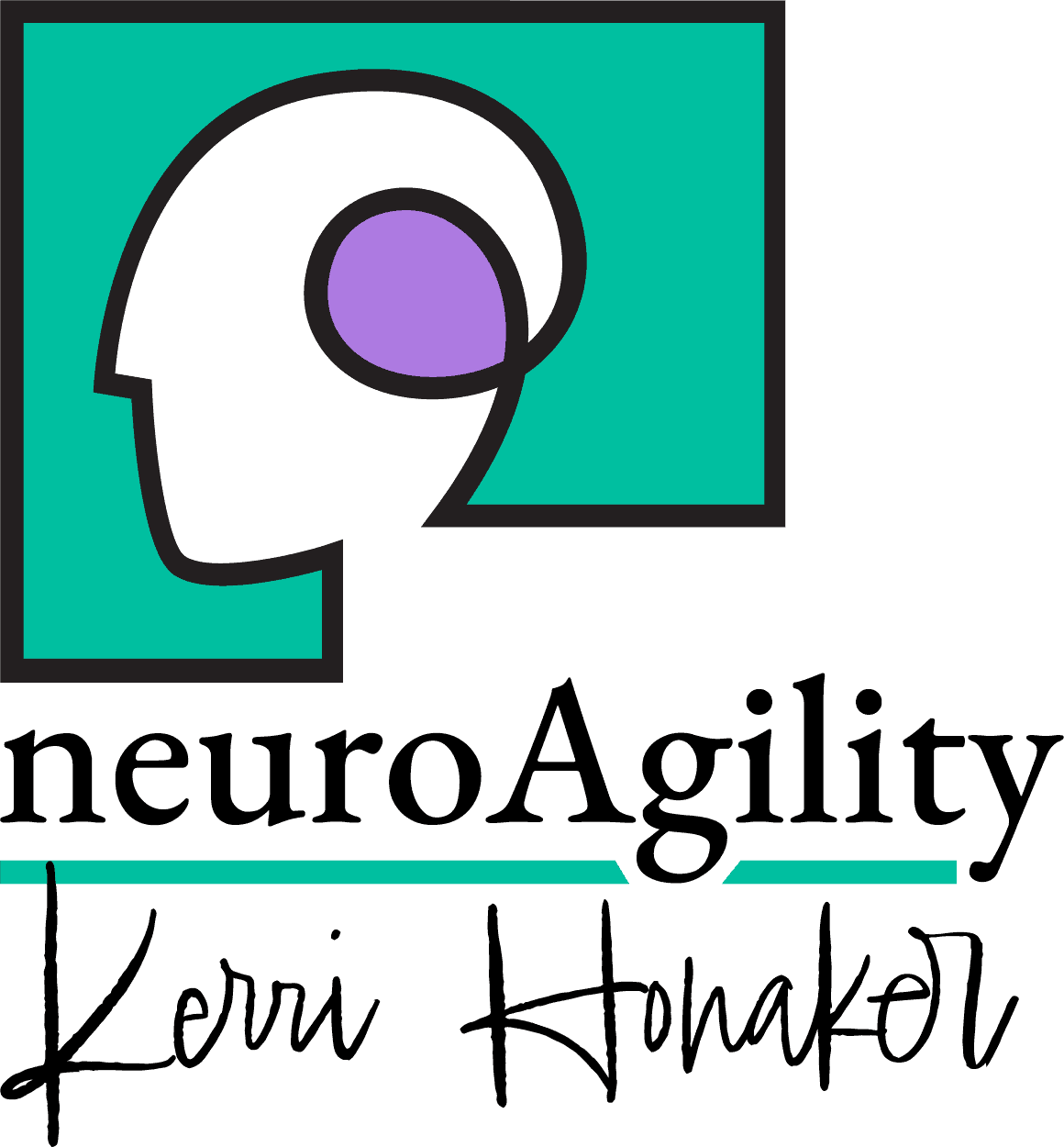
About PTSD
Neurofeedback is extremely useful for PTSD. A wide variety of symptoms may be signs that you are experiencing post-traumatic stress disorder.
The following are some of the most common symptoms of PTSD that you or those around you may have noticed:
- Feeling upset by things that remind you of what happened
- Having nightmares, vivid memories, or flashback of the event that make you feel like it’s happening all over again
- Feeling emotionally cut off from others
- Feeling numb or losing interest in things you used to care about
- Feeling constantly on guard
- Feeling irritated or having angry outbursts
- Having difficulty sleeping
- Having trouble concentrating
- Being jumpy or easily startled
If you show signs of PTSD, you don’t just have to live with it. In recent years, researchers have dramatically increased our understanding of what causes PTSD and how to treat it. Hundreds of thousands of Veterans who served in the Army, Marine Corps, Navy, Air Force, and Coast Guard have gotten treatment for PTSD and found significant relief from their symptoms.
Treatment
There are a few types of treatment that have been shown to be effective for treating PTSD: counseling, neurofeedback and medication. Professional therapy or counseling can help you understand your thoughts and reactions and help you learn techniques to cope with challenging situations. Research has shown the combination of therapy and neurofeedback for PTSD is highly successful.

At neuroAgility we specialize in the neurofeedback component of your treatment team. It is possible, by mapping and training the brain accordingly ~ to access the seat (likely the amygdala, but not in all cases) of inhibitory impulses driven by fearful impressions from the past, meant as a survival mechanism but too often functioning as an overly restrictive inhibitory mechanism which exerts its classic paralyzing effect on those who have gone through trauma. In just a few months, these treatments can produce positive and meaningful changes in your symptoms and quality of life. They can help you understand and change how you think about your trauma and how you react to stressful memories.
